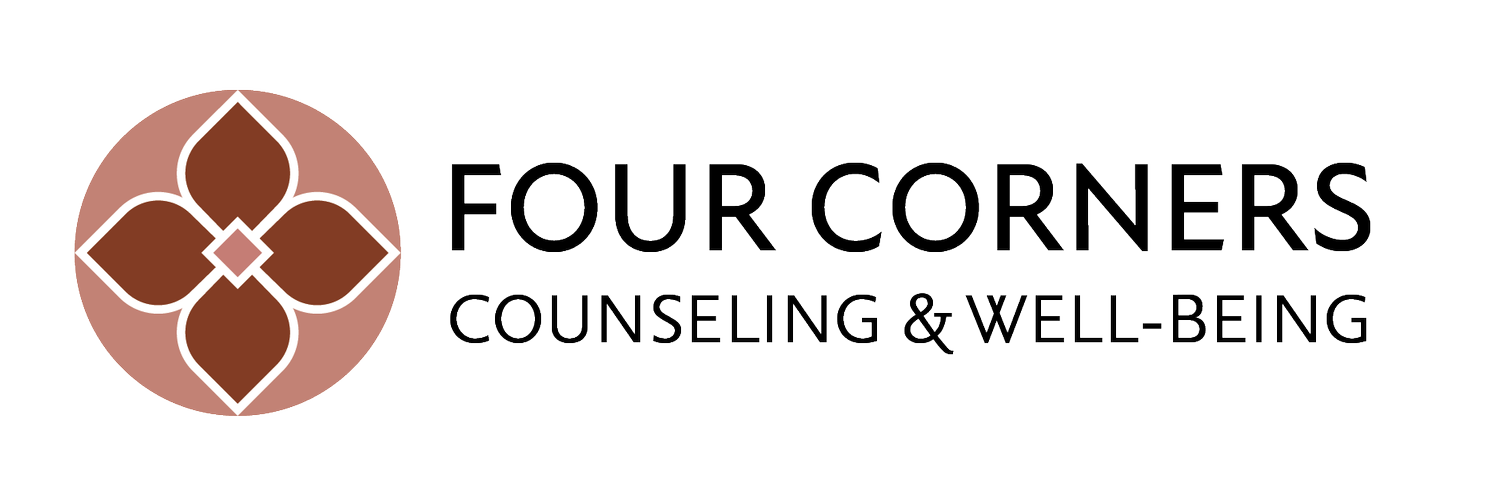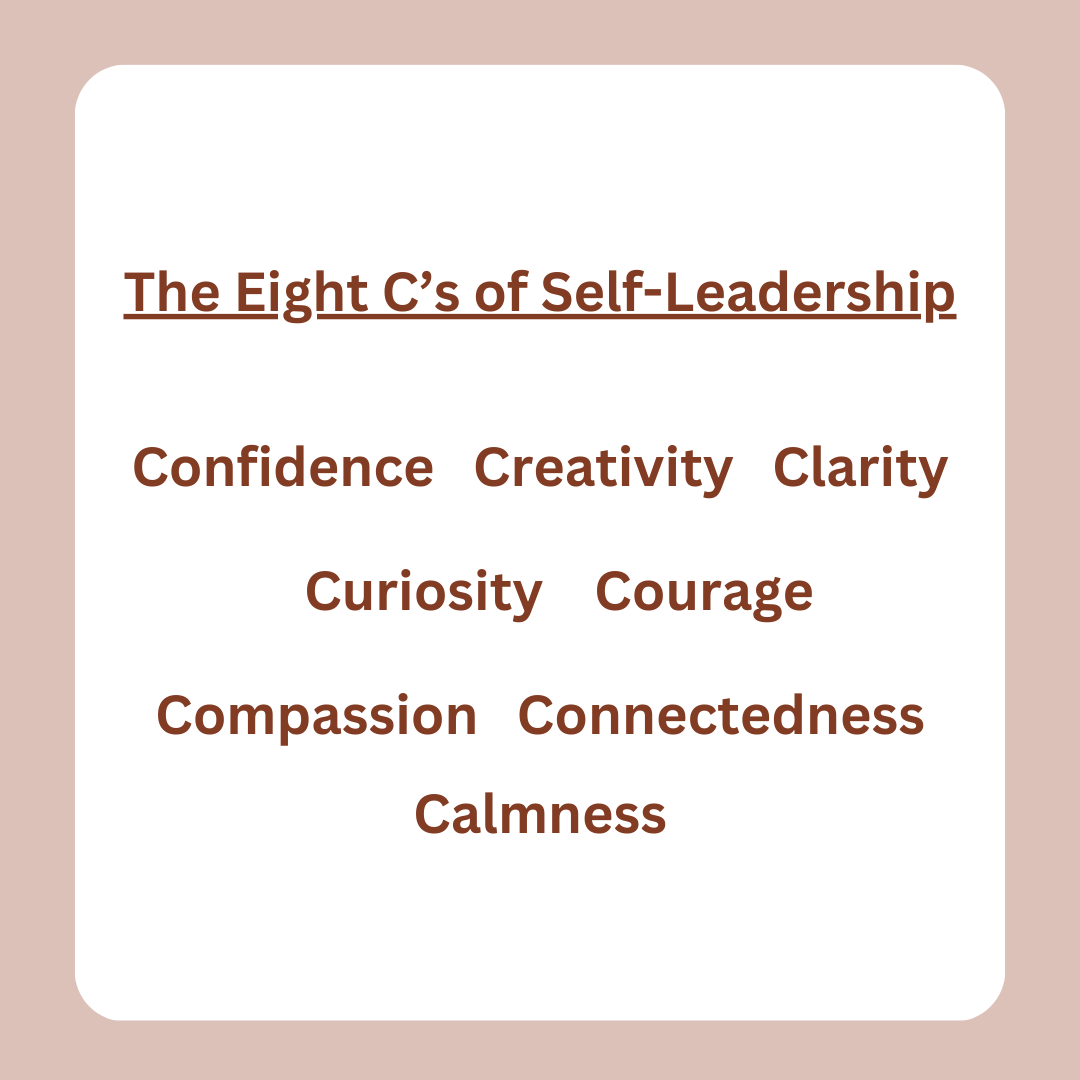“What is IFS, again? I’m confused.”
Internal Family Systems (IFS) is a vague name for an elegant style of therapy. Also known as “parts work,” IFS is based on the premise that people are made up of “parts” that hold our feelings, beliefs, memories and thoughts, as well as a core “Self” that is distinct from our parts and can offer leadership to our internal system. Another label for this therapy could be “Self Leadership Therapy” or “Internal Attachment Therapy.”
There is nothing new under the sun, and the concepts of IFS have been around in different forms for decades. IFS as a therapy model was formulated by Richard Schwartz, a family systems therapist who applied family systems theory to the intrapsychic process. In other words, all of these parts inside of us are like a family that interacts with one another to create the internal system that makes each of us a unique individual. Like a well-adjusted and calm adult, Self can develop healthy relationships with each of these parts, and heal the traumas and burdens that keep us from being whole and integrated.
The Eight C’s of Self-Leadership
We can experience Self-leadership and go through life with qualities such as calm, confidence, creativity, connection, clarity, compassion, curiosity and courage. These eight qualities are known as “The Eight C’s of Self-Leadership” and form the foundation of the healthy Self-to-part relationships that typify this therapy work.
In addition to a model of therapy, IFS can offer a lens through which we understand ourselves, others, and the world. A model of the mind, so to speak. One client described their experience of IFS as gaining “a foundation, a framework and a tool kit” for living a fulfilling life.
In a therapy session, “doing IFS” therapy will be experienced in a variety of ways depending on what a client is working on with their therapist. At the beginning, when clients are just getting to know their parts and what it feels like to have a sense of these thoughts/feelings/beliefs/sensations/memories/reactions, there can be a lot of mindfulness work and body/somatic exercises to connect with these parts. A therapist might guide a client to close their eyes and focus on their body sensations, and then with curiosity notice if there are any thoughts and emotions connected to that body sensation.
For example, if a client is talking about a stressful situation with a colleague at work, the therapist might ask, “Is it okay to notice if you feel anything in your body as you are talking about this?” The client might notice a furrowed brow, or tight shoulders, or a discomfort in the gut. The therapist will guide the client to pay attention, without judgment, to that sensation and then be curious about any thoughts or emotions that arise. The client may notice that they are feeling angry, and that they are having the thought, “I get so upset when my colleague ignores my ideas. I feel dismissed and not included.” The therapist might then invite the client to notice any connections or memories that come up about this situation. In this example, the client might remember when, as a kid, they were ignored by a friend and it felt really bad. They remember that they started to feel like their ideas and input didn’t matter. What made it worse was that when they told their teacher about it, the teacher ignored their feelings and told them to, “Get over it. It’s not a big deal.” They learned that their feelings didn’t matter.
At this point in the process of IFS parts work, there are a lot of options for where to go next. The client in this example could spend time with their young kid who was ignored and then told their feelings didn’t matter. This is called “witnessing” in IFS. It can have a powerful impact on how we understand our formative experiences. They can also strengthen their “Self-to-part” relationship with this young part inside, and offer this young part some of the eight qualities of Self-Leadership. Their therapist might encourage them to take some time in their daily life to imagine this young part of themselves and send the part love and acceptance. Slowly and surely - and sometimes quickly! - clients feel differently about themselves and have more self-compassion. Things start to shift. As IFS founder Richard Schwartz says, IFS is “a way of opening people’s hearts toward the things that plague them.”
I always give a lot of permission to clients to be in charge of the process. Over time and with experience, clients develop their own relationship with this thing called IFS (which, I have noticed, most do not refer to it as "IFS" but will instead say something like, "I would like to work with my parts today.") This working with parts can include imagery, parts mapping on paper, a guided meditation to be in dialogue with a part, and many other creative ways to connect with one’s inner system.
Reach out to learn more about Internal Family Systems and how we can help you experience Self-leadership too.


